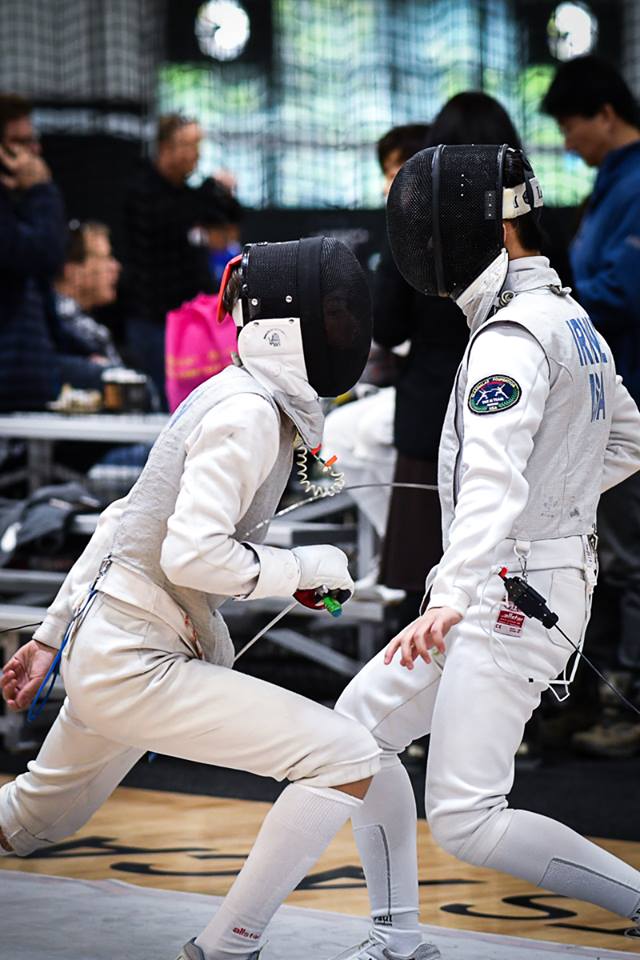When Students Should Quit Activities

It is easy for students to overcommit early in their high school career. Understandably, your child may have enthusiastically signed up for a number of activities at the clubs fare or accumulated them over the course of their freshman year. In the beginning, it’s relatively easy to continue showing up for these activities without questioning their purpose. However as the semesters ware on, it’s important to stop and evaluate. Encourage your student to take time and determine which of their groups are of value and which they want to focus on as high school progresses.
This may mean dropping a club membership or sports team. Despite common belief, doing this doesn’t damage resumes or chances in the way some parents and students may think. Quitting or stepping back from an activity actually shows maturity and self-awareness. Taking stock in this way proves that a student is cognizant of the value of each commitment and is able to judge whether they’re getting the most out of a sport or club. By consolidating their activities, students can also create time to expand the activities they’re passionate about, pursue leadership positions, or simply be able to participate with a bit of a clearer head.
Knowing this, how can a high schooler figure out which teams and clubs are worth sticking with and which are worth quitting? Have you child assess their schedules by asking themselves the following questions in order to determine where they should focus their energy:
Are they enthusiastic or are they just involved?
A student that is spread thin over a dozen activities appears more busy than they do multifaceted. It’s better, both professionally and personally, to cut back on activities that your child doesn’t have their heart in. There is no shame in losing interest in something or not finding it as thrilling as you once did. It is better to cut back and create space for what you really want to do and be able to pour energy into that.
Additionally, a packed schedule can suggests that that a student hasn’t specialized or taken further interest in anything. While a student may truly be interested in a lot of things, it’s better to have illustratable interests. A student may really like piano, musical theatre, dance group, and art club, but ask them if they feel that they’re able to give the required time and energy to commit to everything fully. Ask not just what your student likes, but what do they love? What can they see themselves studying or pursuing in the future?
Are they able to balance their commitments, school and otherwise?
Consider whether your child has enough time to complete their schoolwork as well as attend to their other commitments. If they're already balancing soccer practice, youth group, and a myriad of other activities, it may be time to parr back their schedule. Not just for the sake of specializing, but more so for the sake of their own sanity.
High school is increasingly time consuming. Students will need time to study AND destress. Being half-asleep during play practice or unprepared for robotics club doesn’t make for productive use of time. It isn't worth letting your child’s academics or their mental state stuffer out of fear that quitting something may reflect badly on them.
Are they growing or learning in their activity?
Sometimes an activity may be what your child what to pursue, but the organization or the other participants fail to meet their needs. If an environment is unnecessarily stressful or otherwise toxic, don’t be afraid to step away and explore other opportunities. If your child enjoys sailing, but the coach is in effective, allow them to evaluate whether the trade-off is worth their time. Are there other ways that they can stay involved.
Similarly, ask your child where they see the activity going in the future. Are there leadership possibilities? Mentorship? Can they stay where they are and expand their commitment or does involvement stagnate? If your child is involved in a sport, do they need to be at a different level? Are there opportunities, like travel teams, that better meet their needs?
The most important thing to remember about extracurricular activities as well as high school in general is that your student should also be having fun. They don’t have to be in the top mathletes team or play shortstop. Allow your child to thrive on their own terms. Respond to their needs as students as well as individuals and communicate with them about your own expectations. No team or student group is worth sacrificing your child’s happiness and well-being.
If you are interested in speaking with one of our Advisors about extracurricular activities, you can schedule a free consultation here.
Subscribe to our Newsletter
Receive inside track information on college admissions process, high school and middle school planning, general pre-college guidance, and be the first to know about our events and announcements.
For additional information and insights, check out our blog:
Meaningful Summer Activities that Enhance College Applications
High School Extracurriculars Simplified
Inside Scoop on Gap Year Programs: Stories from Parents Whose Children Took Time Off Before College
Comments
- Versed Editors's Blog
- Log in or register to post comments



